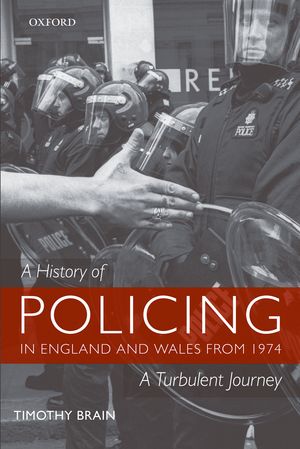
In 1974 local government reforms became the catalyst for the introduction of a new police service structure, creating 43 separate forces under a new tripartite system.
The years since then represent one of the most profoundly turbulent periods of British political, economic and social life. It was a time of great change, and the police service was at the very centre of those changes. Today the service is only superficially recognisable as the one which entered the final quarter of the 20th.
A History of Policing in England and Wales from 1974: The Turbulent Years offers a detailed and descriptive chronology of the period, exploring the key themes of order and social stability, the professionalization of the police service, centralization, the dynamics of police community relations, and the 'reform' programmes of the Thatcher, Major and Blair administrations, in particular charting the failure of the Charles Clarke drive for amalgamations in 2005/6.
Written by a chief constable involved in policing throughout much of the period, the book vividly describes the great events of the time, including the threat and ultimate defeat of IRA terrorism; the urban riots of the 1980s; major crime investigations - such as the 'Yorkshire Ripper', the West Case, and the Soham murders - and their lasting impact; the controversial policing of the 1984 Miners' Strike; and the return of terrorism to the British mainland in 2005.